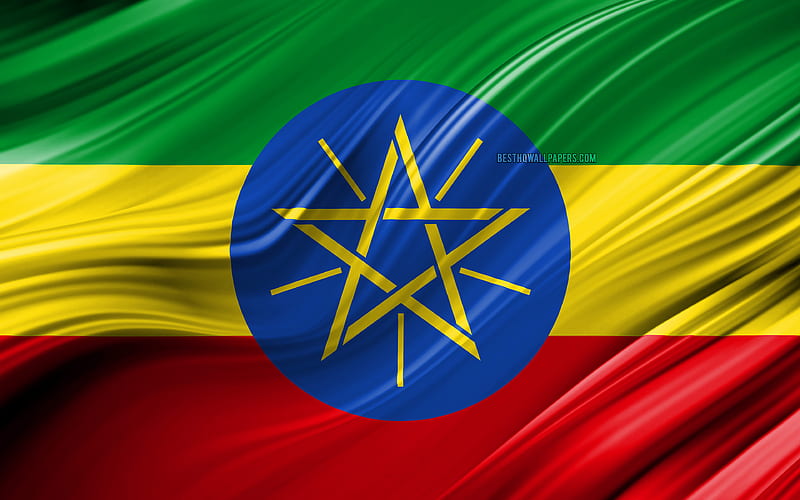
Ethiopia has secured a new $3.4bn financing agreement with the IMF, setting the stage for the long-awaited completion of its debt restructuring process within the next three to six months. This announcement was made by a senior finance ministry official on Tuesday.
The four-year, $3.4bn programme was unveiled on Monday, just hours after Ethiopia met one of the IMF’s critical recommendations by floating its currency, the birr. State Minister of Finance Eyob Tekalign confirmed that the debt restructuring should be finalised before the IMF conducts its next programme review, typically occurring within three to six months.
Following the IMF deal, Ethiopia anticipates receiving up to $7.3bn in additional financing from the World Bank and other creditors. Eyob mentioned that the World Bank’s board was scheduled to meet later on Tuesday to approve its share of the supplementary funds.
The news of the IMF agreement propelled the $1bn government bond, central to the restructuring plan, to its highest level since October 2021. The bond saw a more than 2 cents increase, trading at nearly 78 cents on the dollar, indicating just over a 20 percent discount from its original face value, Reuters reported.
In the foreign exchange market, leading commercial banks quoted the Ethiopian birr at 74.74 against the dollar, maintaining the rate established after Monday’s float announcement caused a 30 percent drop against the dollar.
Ethiopia’s move to a market-based foreign exchange rate has been welcomed by its development partners. However, some analysts have expressed concerns that it could lead to increased inflation and higher living costs, particularly affecting the poorest citizens.
Beyond economic reforms, Ethiopia faces significant challenges, including addressing the impacts of climate change and rebuilding its northern Tigray region, which was devastated by a two-year civil war that concluded in late 2022.
The successful completion of the debt restructuring and the anticipated influx of additional funds are expected to provide much-needed support to Ethiopia as it navigates these multifaceted challenges.
This new phase of economic adjustment and financial restructuring marks a critical step in Ethiopia’s ongoing efforts to stabilise its economy and promote sustainable growth.



